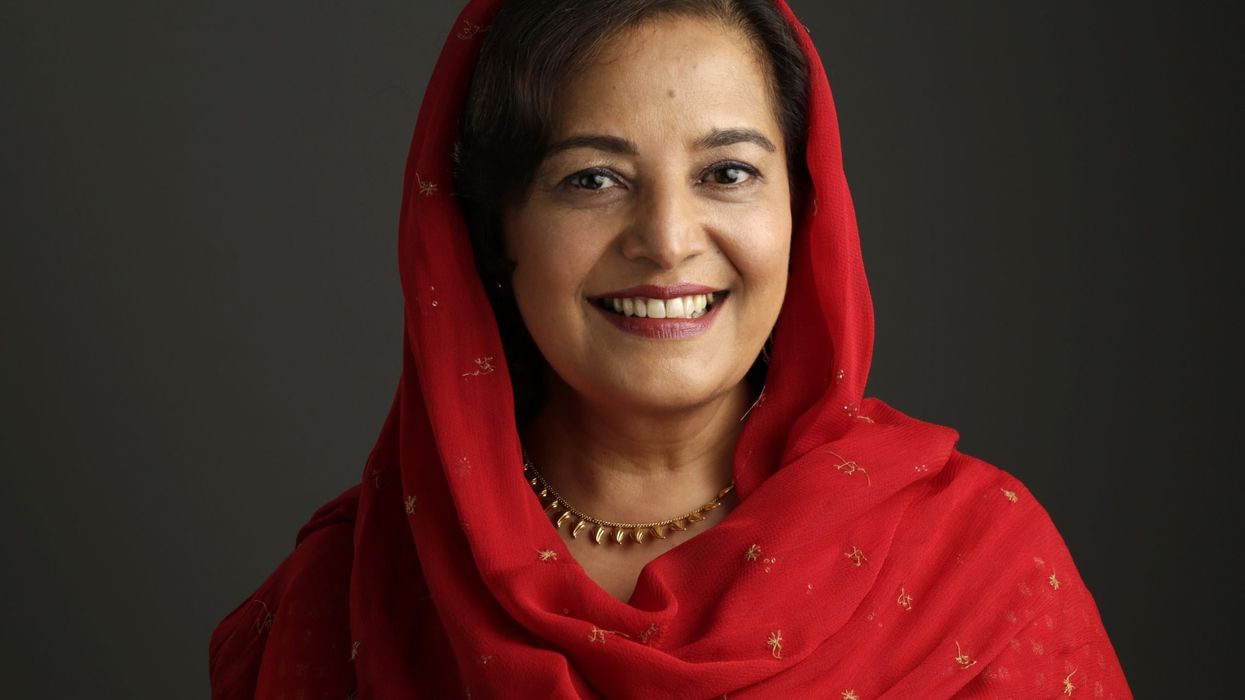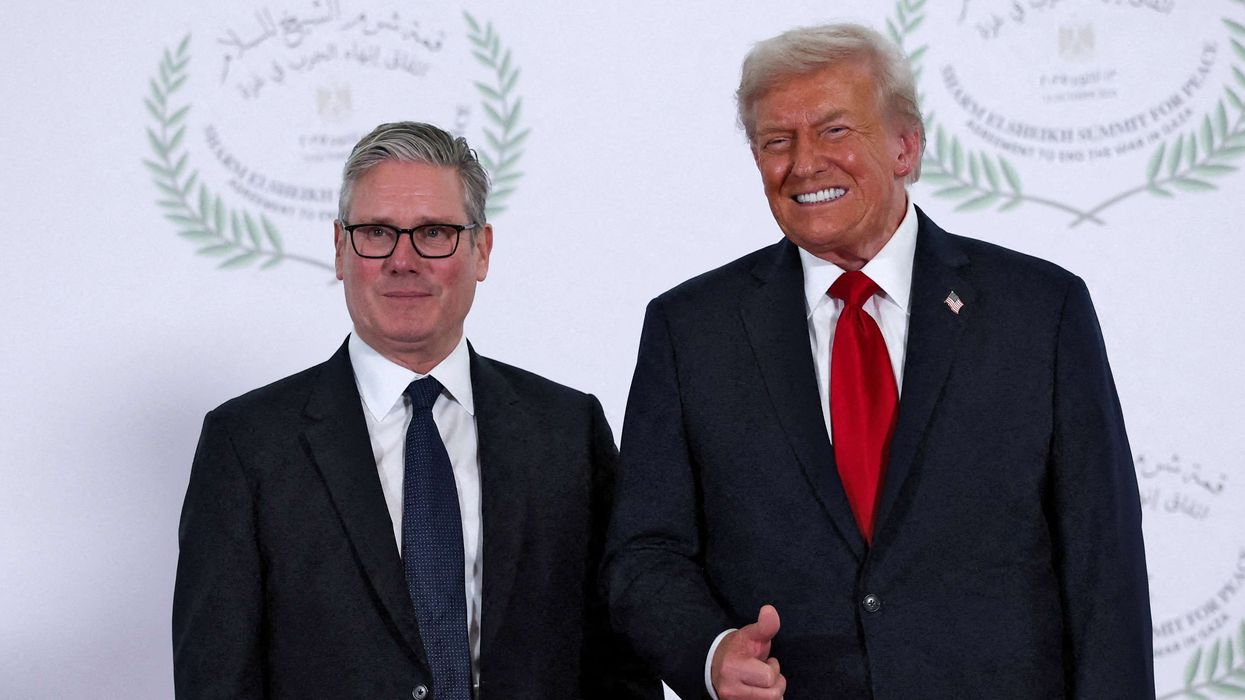SCOTTISH COMEDIAN DISCUSSES HER NEW ONE-WOMAN PLAY
THE Edinburgh Festival Fringe returns from August 6-30 with another actionpacked line-up of shows and great multicultural talent from diverse disciplines.
The largest arts festival in the world will also give many performers a chance to get back in front of an audience after almost 18 months in lockdown. One of the shows to look out for is Tickbox, which is headlined by talented Scottish comedian Lubna Kerr. The semi-autobiographical, one-woman play combining theatre, storytelling and comedy describes a Pakistani woman’s journey from a middle-class life in Pakistan to Govan in Glasgow, which is intertwined with her daughter’s story decades later.
Eastern Eye caught up with Lubna Kerr to find out more.
What inspired the one-woman show Tickbox?
My mum inspired the show. She was a fantastically forward-thinking woman, who after my dad died of a heart attack went to study philosophy, religious studies, and Arabic at Glasgow university. She then ran free Islamic teaching classes for women in their homes to educate them and interpreted verses from the Quran. She ran four classes a week for nearly 30 years and educated hundreds of women.
Tell us about the show?
Tickbox follows the journey of two Pakistani women who changed their lives and took a new direction after tragedy struck. Lubna shares the story of her parents moving to Glasgow from a very comfortable middle-class life in Pakistan after her father gained a scholarship to do a PhD in chemistry. She shares the shock her mum experienced when she had to not only cook for her family but also clean the toilets when she arrived in Glasgow, not to mention trying to understand the Glaswegian accent. There is storytelling with humour and funny anecdotes scattered throughout the show.
How much of it is based on real events?
The show is based on real events with some creative license.
What was the biggest challenge of putting the show together?
Funding was the biggest challenge about putting the show together. However, I was very lucky to get support from Creative Scotland to do this. In return, I am doing research to try and understand what the barriers are to Asian people going to the theatre and getting involved in the creative arts, and what can be done to show them that the arts can be a great place to be and a career.
Who are you hoping connects with the show?
This show is for everyone, for local British community to educate them what it was like when racism was rife and getting halal meat was not easy. It’s also for those people who can relate to the stories of growing up as an immigrant. It’s a stage play filled with stories, humour, and a range of different characters.
How much are you looking forward to being part of the Edinburgh Festival Fringe?
I am excited about being back at the Fringe. What a wonderful opportunity to tell a heartwarming positive story about female empowerment. It will be scary being back live on stage after 18 months and to do a new play.
What are your plans after the festival?
I am hoping to tour the show to England after the Fringe and then worldwide. People have migrated for centuries and have travelled the globe. This play will resonate with anyone who has moved to a different country where cultures and languages clash.
What inspires you?
Untold stories of authenticity, determination and love.
Why should we all come and watch your show Tickbox?
Come to Edinburgh the week of August 16 and see my show, Tickbox. You will laugh and cry but will feel positive and upbeat. Come and share your stories with me.
Tickbox is on at Drill Hall in Edinburgh from August 17-22. Visit www.armyatthefringe. org/tickbox













